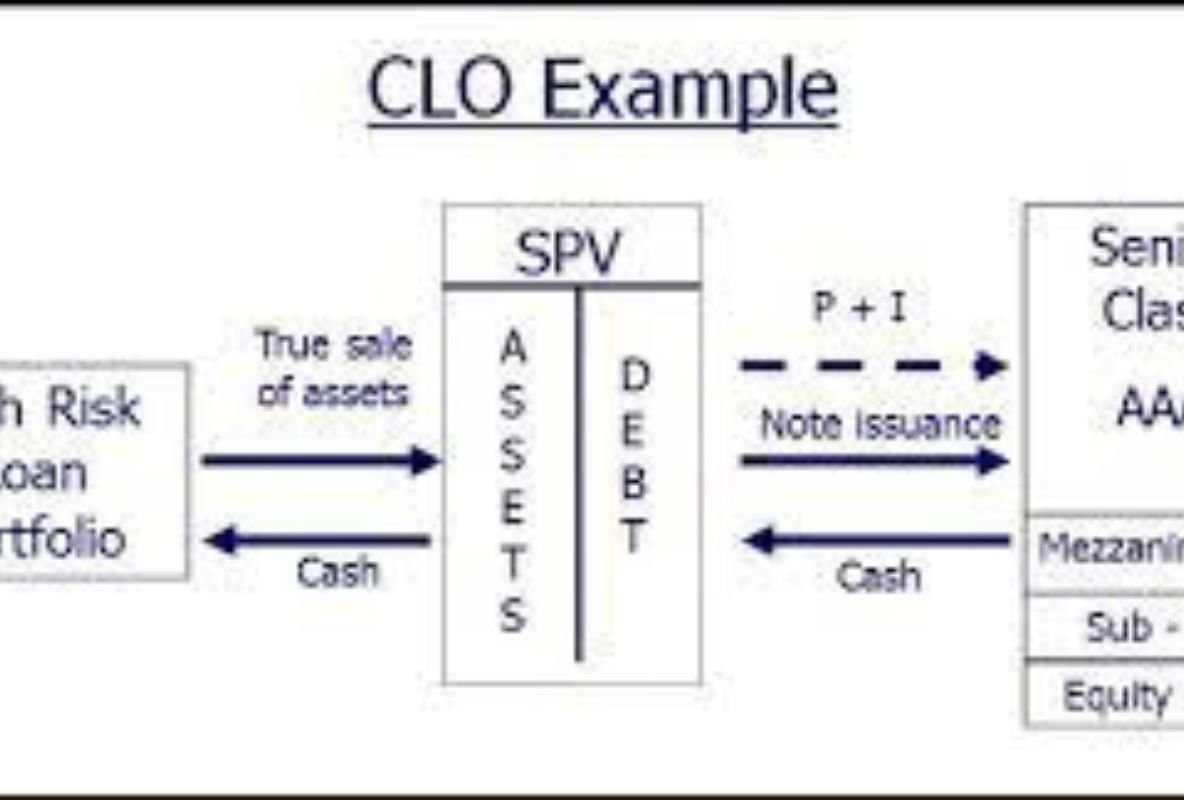Introduction
Purchasing a home is a significant milestone, and for many, it’s a dream that seems out of reach due to financial constraints. However, the Federal Housing Administration (FHA) aims to make homeownership more accessible through FHA loans. In this comprehensive guide, we’ll explore the intricacies of FHA loans, their benefits, eligibility criteria, and how they differ from conventional mortgages.
Understanding FHA Loans
What Are FHA Loans?
FHA loans are mortgage loans insured by the Federal Housing Administration, a government agency within the U.S. Department of Housing and Urban Development (HUD). These loans are designed to provide an option for individuals with lower credit scores or limited financial resources to become homeowners.
FHA Loan Features
- Low Down Payment: One of the key advantages of FHA loans is the low down payment requirement, typically as low as 3.5% of the home’s purchase price.
- Flexible Credit Requirements: FHA loans are more forgiving of lower credit scores compared to conventional loans, making homeownership more attainable for a broader range of individuals.
- Fixed and Adjustable Rates: Borrowers can choose between fixed-rate and adjustable-rate FHA loans, providing flexibility in managing long-term financial commitments.
- Government Insurance: FHA loans are insured by the government, providing lenders with a level of protection against default. This insurance encourages lenders to offer more favorable terms to borrowers.
FHA Loan Eligibility
Who Qualifies for FHA Loans?
- Credit Score: While FHA loans are more lenient with credit requirements, a higher credit score will still improve your chances of approval and may result in better terms.
- Down Payment: As mentioned earlier, a down payment of at least 3.5% is typically required. This can come from personal savings, gifts, or down payment assistance programs.
- Debt-to-Income Ratio: Lenders assess your ability to manage monthly payments by evaluating your debt-to-income ratio. FHA loans often allow for a higher ratio compared to conventional loans.
- Steady Employment: A consistent employment history demonstrates stability and can positively impact your eligibility for an FHA loan.
The FHA Loan Application Process
Getting Pre-Approved
Before house hunting, it’s advisable to get pre-approved for an FHA loan. This involves providing the necessary documentation to a lender who reviews your financial situation and determines the loan amount you qualify for.
Finding an FHA-Approved Lender
Not all lenders offer FHA loans, so it’s crucial to find an FHA-approved lender. These lenders are well-versed in FHA loan requirements and can guide you through the application process.
Home Appraisal
Once you’ve found a home and made an offer, the property will undergo an FHA appraisal to ensure it meets safety and livability standards. The appraisal also determines the home’s market value.
Loan Approval and Closing
Upon successful appraisal, your loan goes to underwriting for final approval. After approval, you proceed to closing, where you sign the necessary documents to complete the home purchase.
FHA Loans vs. Conventional Loans
Key Differences
- Credit Requirements: FHA loans are more forgiving of lower credit scores, making them accessible to a broader audience. Conventional loans often require higher credit scores.
- Down Payment: FHA loans have a lower down payment requirement (3.5%) compared to conventional loans, which may require up to 20% down.
- Interest Rates: While FHA loans may have slightly higher interest rates, the lower down payment and more lenient credit requirements can offset this difference.
- Mortgage Insurance: FHA loans require both upfront and annual mortgage insurance premiums. Conventional loans may require private mortgage insurance (PMI) but not necessarily for the entire loan term.
Benefits of FHA Loans
Increased Access to Homeownership
FHA loans have played a crucial role in making homeownership a reality for individuals who may not qualify for conventional loans. The lower down payment and flexible credit requirements open doors for many aspiring homeowners.
Lower Closing Costs
FHA loans limit the amount of closing costs that can be charged to borrowers. This can make the homebuying process more affordable, especially for those with limited funds.
Assumable Loans
FHA loans are assumable, meaning that if you decide to sell your home, the buyer can take over your existing FHA loan. This feature can be an attractive selling point.
Challenges and Considerations
Mortgage Insurance Premiums (MIP)
FHA loans require both an upfront and annual Mortgage Insurance Premium (MIP). While this insurance protects the lender, it adds an extra cost for the borrower.
Property Standards
FHA appraisals include a review of the property’s condition. If significant issues are found, they must be addressed before the loan is approved, potentially affecting the homebuying timeline.
Loan Limits
FHA loan amounts are subject to limits based on the region. It’s essential to be aware of these limits when considering the purchase of a more expensive property.
Conclusion
FHA loans have been instrumental in helping countless individuals achieve the dream of homeownership. By understanding the features, eligibility criteria, and application process, prospective homebuyers can navigate the world of FHA loans with confidence.
As you embark on your homeownership journey, consider the benefits and challenges of FHA loans, weigh them against your financial situation, and make informed decisions that align with your long-term goals.
Frequently Asked Questions
- Can I use an FHA loan for any type of property?
- FHA loans are primarily designed for primary residences. While some condominiums and manufactured homes may qualify, there are restrictions on using FHA loans for certain property types.
- Is mortgage insurance mandatory for the entire loan term with an FHA loan?
- FHA loans require mortgage insurance for a minimum of 11 years if the down payment is less than 10%. If the down payment is 10% or more, the insurance can be removed after 11 years.
- What is the FHA loan limit, and does it vary by location?
- FHA loan limits vary by county and are based on the median home prices in the area. It’s essential to check the FHA loan limits for your specific location.
- Can I refinance my existing FHA loan?
- Yes, FHA loans are eligible for refinancing. This can be a strategic move to take advantage of lower interest rates or to switch from an adjustable-rate to a fixed-rate mortgage.
- Are there income requirements for FHA loans?
- While FHA loans are more flexible with credit and down payment requirements, there are no specific income requirements. However, your debt-to-income ratio will be considered during the approval process.



